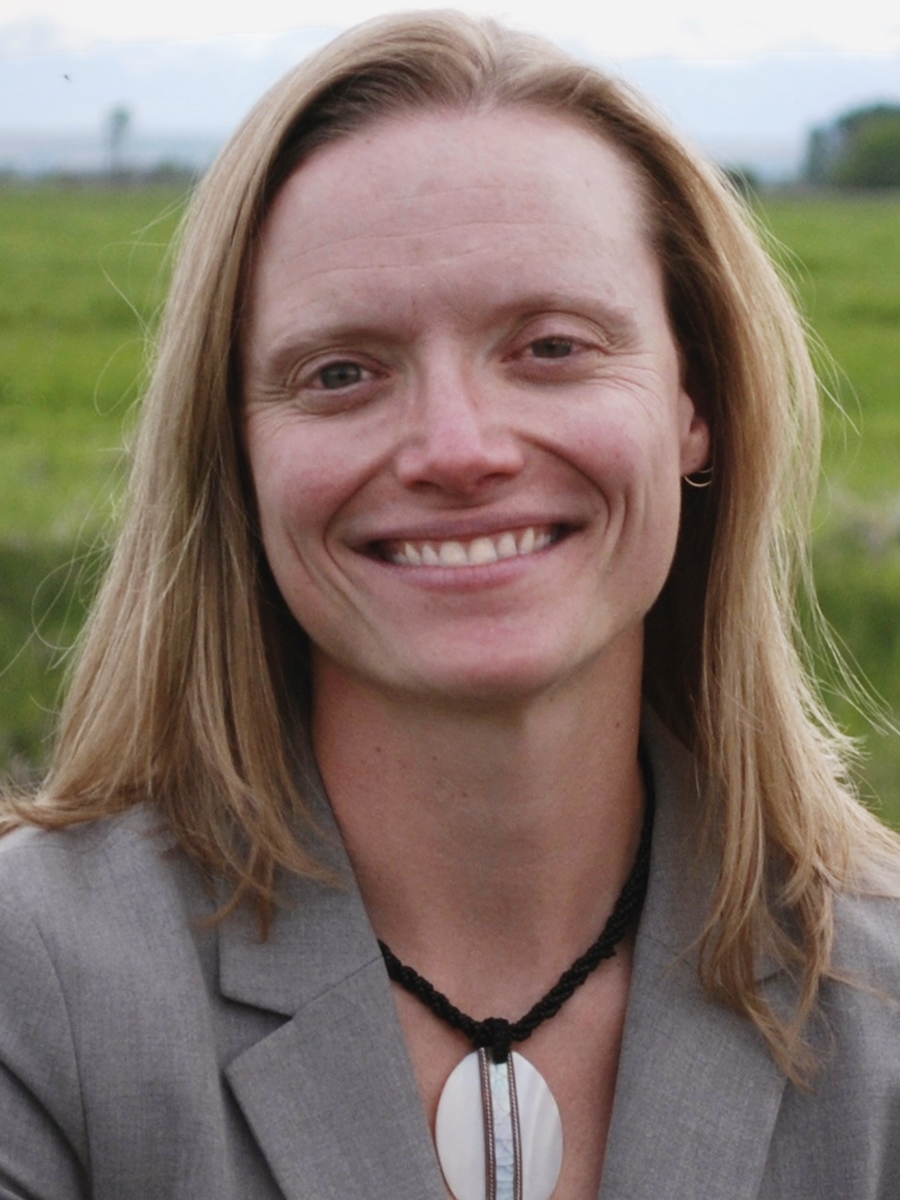The collegiate journey starts and progresses with choices: What schools to apply to, what classes to take and when, and what majors to declare.
Those decisions are ultimately made through information gathering and exposure. Now a new, three-year, $660,000 grant from the American Cancer Society, will help establish the UNM Cancer-PREP (Post-Baccalaureate Research and Education Program).
The new program will give The University of New Mexico Comprehensive Cancer Center opportunities expose students to research science – and cancer research in particular – in ways not seen before.
The program is designed for students who have earned their bachelor’s degree and have an interest in the sciences, but are not sure where they want to take their careers.
Jennifer Gillette, PhD, associate professor in the Department of Pathology, director of the Flow Cytometry shared resource at UNM Comprehensive Cancer Center and director of the Undergraduate Pipeline Network (UPN), said the ACS program will interact with a National Institutes of Health PREP program on the UNM’s Central Campus whenever possible.
“There is an opportune time period when undergrads have finished their bachelor’s degree and want to move on to a professional career, but are unsure of their next step. It could be medicine, nursing, physical therapy or basic science, but what is that?” Gillette said. “It’s been the case where more and more students are doing gap years where they take some time to explore before they jump into a postgraduate program.”

The goal is to have students educated in science; not just what happens at the bench, but also what it means to put your data together, to present and talk about your data and be able to engage in the scientific community.
Under the PREP program, students would commit to a two-year period where they will work in the UNM Comprehensive Cancer Center’s research labs. The program will give them an opportunity to see firsthand how scientific research is conducted. They will also have the chance to work with mentors, give poster presentations and network with other scientists.
“The goal is to have students educated in science; not just what happens at the bench, but also what it means to put your data together, to present and talk about your data and be able to engage in the scientific community,” Gillette said.
The ACS isn’t making any specific demands that students who go through the program commit to a career in cancer research. In fact, someone learning that bench science isn’t for them can be just as valuable, Gillette said.
But she also sees the PREP program as another way for UNM to grow its own scientists.
While there are a number of scientific institutions that call New Mexico home, Gillette said there are still plenty of students, many of whom are first-generation college grads, who have a limited view of what a career in science means.
She said her own college experience was similar.
“I was a kid from a working-class family in rural Pennsylvania and a first-generation college student. There was no scientist anywhere near my family until I got into college and my work study was in biology,” she said. “If it wasn’t for a type of program like this I wouldn’t be here. Hands down.”
Gillette said the ACS grant is part of the organization’s Diversity in Cancer Research portfolio and the Cancer Center will target students who are underrepresented in the sciences.
She said she will also utilize the UPN for potential applicants. The UPN’s mission resembles Cancer-PREP but focuses on undergraduate students who haven’t completed their bachelor’s degree.
Gillette said she hopes to have an application for the program available by spring and the first cohort of four students on board by summer.
“We’re fortunate that we’re in this outstanding position, and that’s why ACS selected us,” Gillette said. “We have a strong Cancer Center and a unique location in the country that treats and supports a diverse population and that’s what puts us in such an amazing space.”
Learn more about the ACS-PREP program by following this link.
UNM Comprehensive Cancer Center
The University of New Mexico Comprehensive Cancer Center is the Official Cancer Center of New Mexico and the only National Cancer Institute-designated Cancer Center in a 500-mile radius.
Its more than 136 board-certified oncology specialty physicians include cancer surgeons in every specialty (abdominal, thoracic, bone and soft tissue, neurosurgery, genitourinary, gynecology, and head and neck cancers), adult and pediatric hematologists/medical oncologists, gynecologic oncologists, and radiation oncologists. They, along with more than 600 other cancer healthcare professionals (nurses, pharmacists, nutritionists, navigators, psychologists and social workers), provide treatment to 65% of New Mexico’s cancer patients from all across the state and partner with community health systems statewide to provide cancer care closer to home. They treated almost 15,000 patients in more than 100,000 ambulatory clinic visits in addition to in-patient hospitalizations at UNM Hospital.
A total of nearly 1,855 patients participated in cancer clinical trials testing new cancer treatments that include tests of novel cancer prevention strategies and cancer genome sequencing.
The more than 123 cancer research scientists affiliated with the UNMCCC were awarded $38.2 million in federal and private grants and contracts for cancer research projects. Since 2015, they have published nearly 1000 manuscripts, and promoting economic development, they filed 136 new patents and launched 10 new biotechnology start-up companies.
Finally, the physicians, scientists and staff have provided education and training experiences to more than 500 high school, undergraduate, graduate, and postdoctoral fellowship students in cancer research and cancer health care delivery.